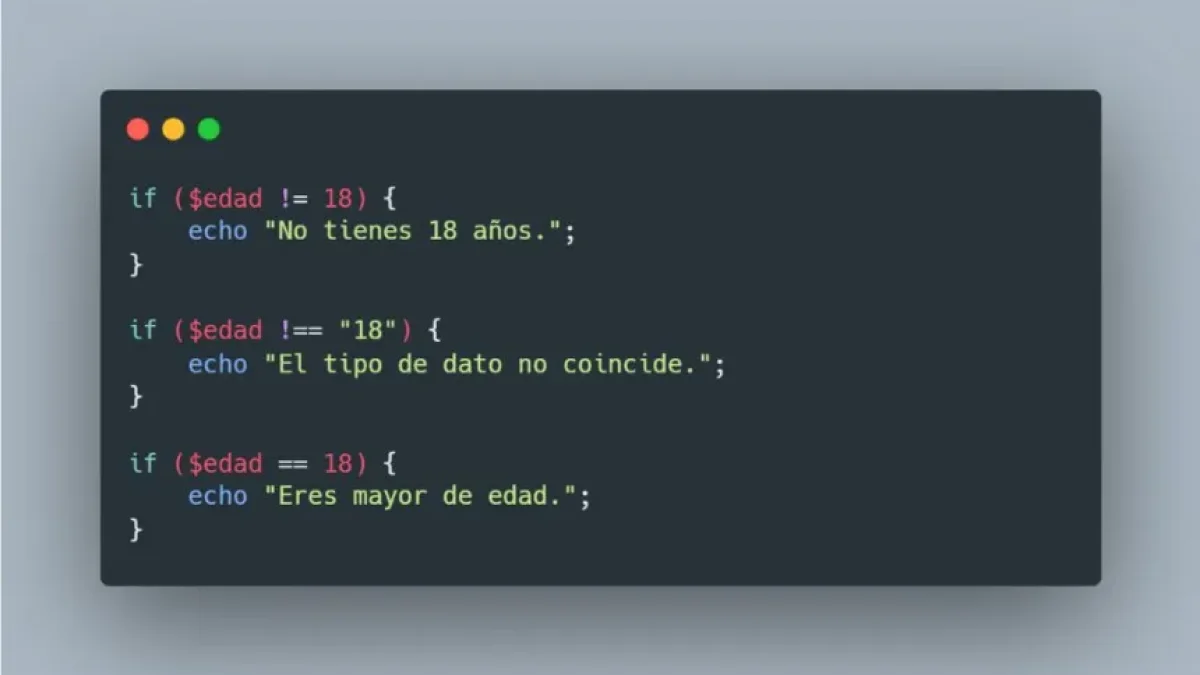Understand assignment and comparison operators in Laravel.


Laravel is one of the most popular frameworks for web application development in PHP. One of the fundamental aspects to master in this environment is the assignment and comparison operators, which facilitate data manipulation and decision-making in applications. In this article, we will explore what these operators are and how they are used in Laravel to optimize your code.
Assignment Operators
Assignment operators are used to assign values to variables. In Laravel, just like in standard PHP, the most common assignment operator is the equal sign (=). This operator assigns the value on the right to the variable on the left. For example:
$name = "Juan";
In addition to the basic assignment operator, Laravel (and PHP in general) also offers compound assignment operators, which allow you to perform mathematical operations and modify the variable's value in a single line. Some of them include:
- += : Addition
- -= : Subtraction
- *= : Multiplication
- /= : Division
For example, if you wanted to add 5 to a variable called $total:
Read also
$total += 5;
These operators are useful for simplifying the code and making it more readable.
Comparison Operators
Comparison operators are essential in Laravel for evaluating conditions and making decisions in the program flow. There are several types of comparison operators you can use:
Equality
To check if two values are equal, you use the == operator. For example:
Read also
if ($age == 18) {
echo "You are of legal age.";
}However, this operator does not check the data type; it only compares the value. If you need to ensure that the data types also match, use the === (identity) operator:
if ($age === 18) {
echo "You are exactly 18 years old.";
}Inequality
Inequality operators are equally important. The != operator checks if two values are not equal, while !== checks that the data types are also different, in addition to the values. The following structure illustrates both cases:
if ($age != 18) {
echo "You are not 18 years old.";
}
if ($age !== "18") {
echo "The data type does not match.";
}Other Comparison Operators
Other comparison operators include relational operators like <, >, <=, and >=. These operators allow for more complex comparisons, which is common in business logic:
if ($salary > 3000) {
echo "You have a good salary.";
}Importance of Operators
Understanding assignment and comparison operators is essential for any developer working with Laravel. These operators allow you to set conditions, evaluate values, and modify variables, resulting in more efficient and clear code. Mastering these concepts will not only enhance your programming skills but also make your applications more effective.
If you wish to delve deeper into the use of operators in Laravel and other related concepts, I invite you to keep reading more news and articles on my blog. Don't miss it!



















